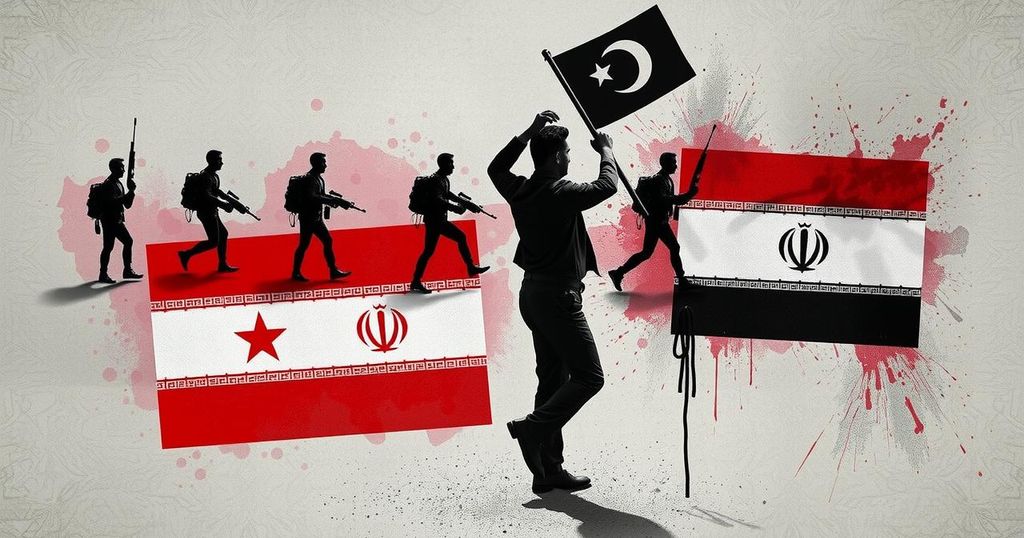The UN has raised alarms about the targeting of Alawites in Syria post-Assad, condemned the surge in executions in Iran, which reached 901 in 2024, and welcomed new protections for human rights defenders in the Central African Republic, marking significant progress in addressing human rights violations and advancing legal safeguards for activist communities.
The United Nations Human Rights Office (OHCHR) has expressed concerns regarding the targeting and killing of Alawites and other minority groups in Syria following the overthrow of President Assad. Speaking from Geneva, spokesperson Liz Throssell emphasized the importance of adhering to international humanitarian and human rights laws to protect minority rights. As a small UN team initiates contact with local authorities, reports of violence against women and other humanitarian issues continue to surface.
In Iran, the UN has denounced the alarming rise in executions, which reached at least 901 in 2024, with a significant number for drug-related offenses and some targeting dissidents connected to protests after the death of Mahsa Amini. UN High Commissioner for Human Rights, Volker Türk, condemned the practice, highlighting the fundamental right to life and the risk of wrongful executions.
In a more positive development, the Central African Republic (CAR) has enacted legislation to enhance protections for human rights defenders, signalling a crucial step toward recognizing and safeguarding their efforts. This law is expected to foster freedom of expression and ensure the safety of those fighting for justice and civic rights in the region, marking a significant milestone for the country’s democratic evolution.
Recent global human rights reports highlight significant issues in Syria, Iran, and the Central African Republic. In Syria, the aftermath of the Assad regime’s fall has led to mounting violence against minority communities, particularly Alawites, igniting concerns from international bodies regarding compliance with human rights laws. Iran continues to face severe scrutiny due to its high execution rates, raising alarms from the UN over human rights violations. Conversely, the Central African Republic is making strides to protect human rights defenders, reflecting progress in its commitment to democracy and the rule of law.
The situation across Syria, Iran, and the Central African Republic presents a complex landscape of human rights challenges and advancements. While the targeting of minorities in Syria and the increasing execution rate in Iran underscore urgent humanitarian crises, the legislative progress in the Central African Republic offers a beacon of hope for the protection of fundamental rights. Continuous monitoring and intervention from international bodies remain crucial in addressing these pressing concerns and fostering a climate of respect for human rights globally.
Original Source: news.un.org






